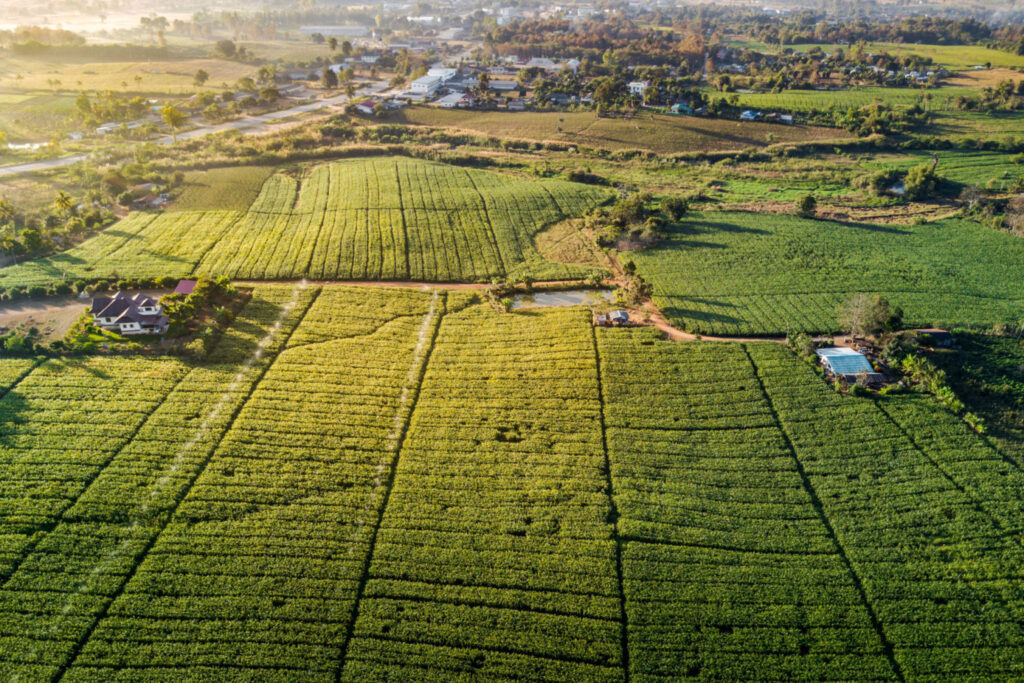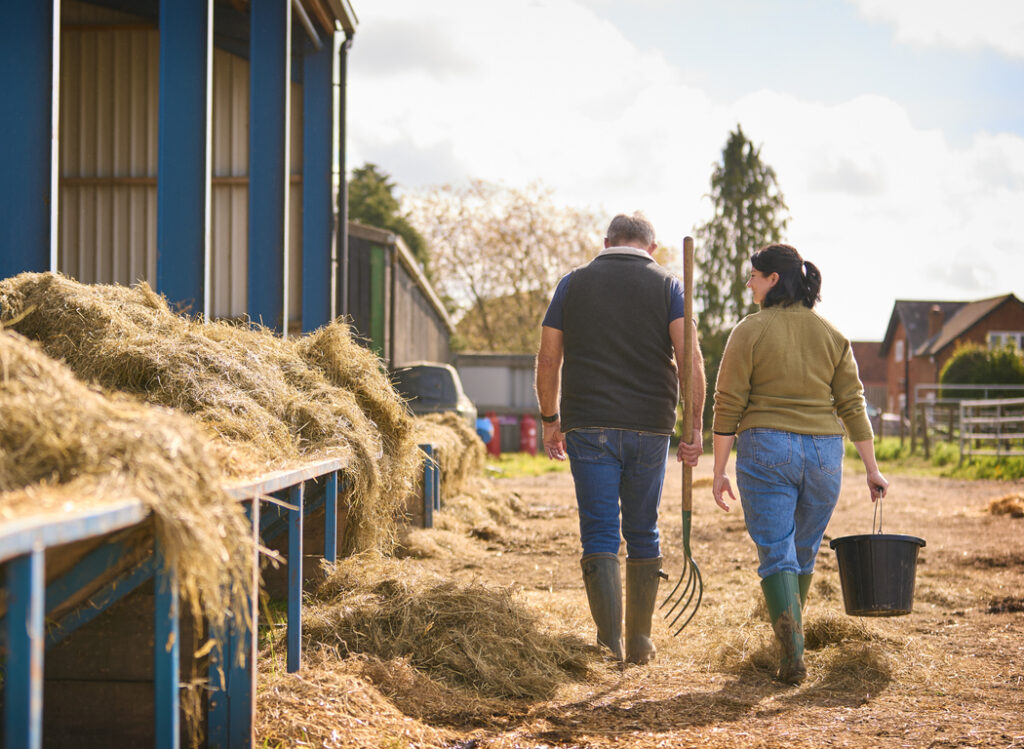Autumn budget fallout: are inheritance tax changes threatening the future of family farms?
The Autumn Budget has sparked a wave of concern across the farming community, as changes to inheritance tax threaten the survival of family farms. The government asserts that these changes, potentially resulting in a 20% inheritance tax bill, will only impact a small number of farms. However, farmers and the National Farmers Union (NFU) strongly disagree, with the NFU labelling the changes a “miscalculation … which demonstrates a fundamental lack of understanding of how farming is shaped and managed.” Many fear this could mark the end of family-run farms, with the majority of landowners affected.
For many farmers, the age at which these changes are introduced leaves little time to plan for any significant tax liabilities they may now face. This raises an important question: how will farmers raise the necessary funds? Could development, particularly the sale or strategic use of land, be the solution?
Exploring development as an option
With limited time and resources, landowners may find themselves considering development opportunities as a way to generate cash flow. However, this approach is not without its complexities, particularly with the removal of development relief and so careful planning is essential.
Instant land transactions
For landowners needing quick access to funds, instant land transactions could offer a lifeline. These agreements, which can be conditional or unconditional, provide the potential for immediate cash flow. By selling land outright or with conditions like planning approval, farmers can address inheritance tax bills swiftly. However, timing is critical, and expert advice is essential to navigate the specifics of these agreements.
Strategic land development
For those with a longer timeframe, strategic land opportunities may provide a more structured solution. This involves agreements such as promotions, options, or hybrids, where developers or promoters guide land through the planning process. Once planning permission is obtained, the land can be sold to a developer or marketed for its development potential. While this approach may yield higher returns, it requires careful negotiation and planning as part of a broader strategy.
Challenges and questions
These potential solutions however, come with broader implications for the farming industry. Will an increase in land sales drive down land values? And, more critically, what does this mean for the future of farming in the UK?
Farmers have already faced immense pressure to diversify in order to survive, and these new tax burdens may push some to the brink. For younger generations inheriting the land, the challenges only seem to be multiplying.
Collaboration and support
The financial constraints many farmers face, living “milk check to milk check,” often make it difficult to afford the advice necessary to unlock the potential of their land. Here, partnerships with developers may offer a path forward. Developers, eager to secure valuable land, might step in to fund the upfront costs of professional advice, creating opportunities for landowners to address their tax challenges while unlocking the value of their land.
As the farming community gets to grips with these changes, one thing is clear: creative, practical solutions will be needed to ensure that family farms can weather this storm. Whether through development or other avenues, the future of farming will depend on adaptability, collaboration, and bold decisions.









